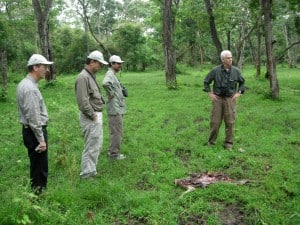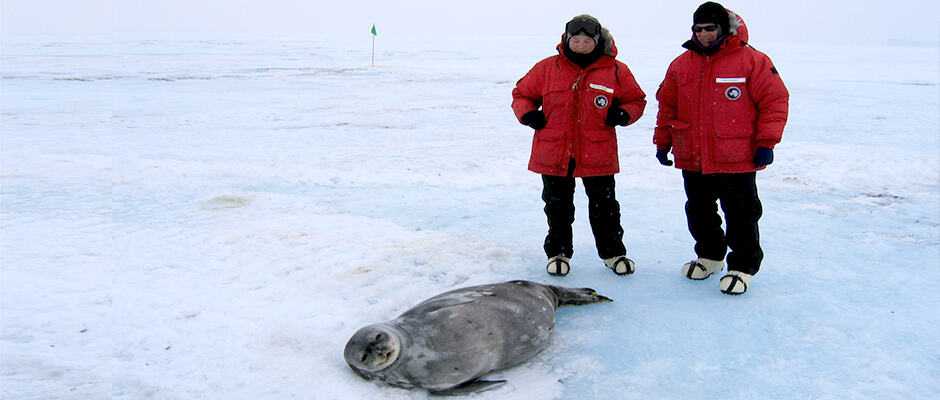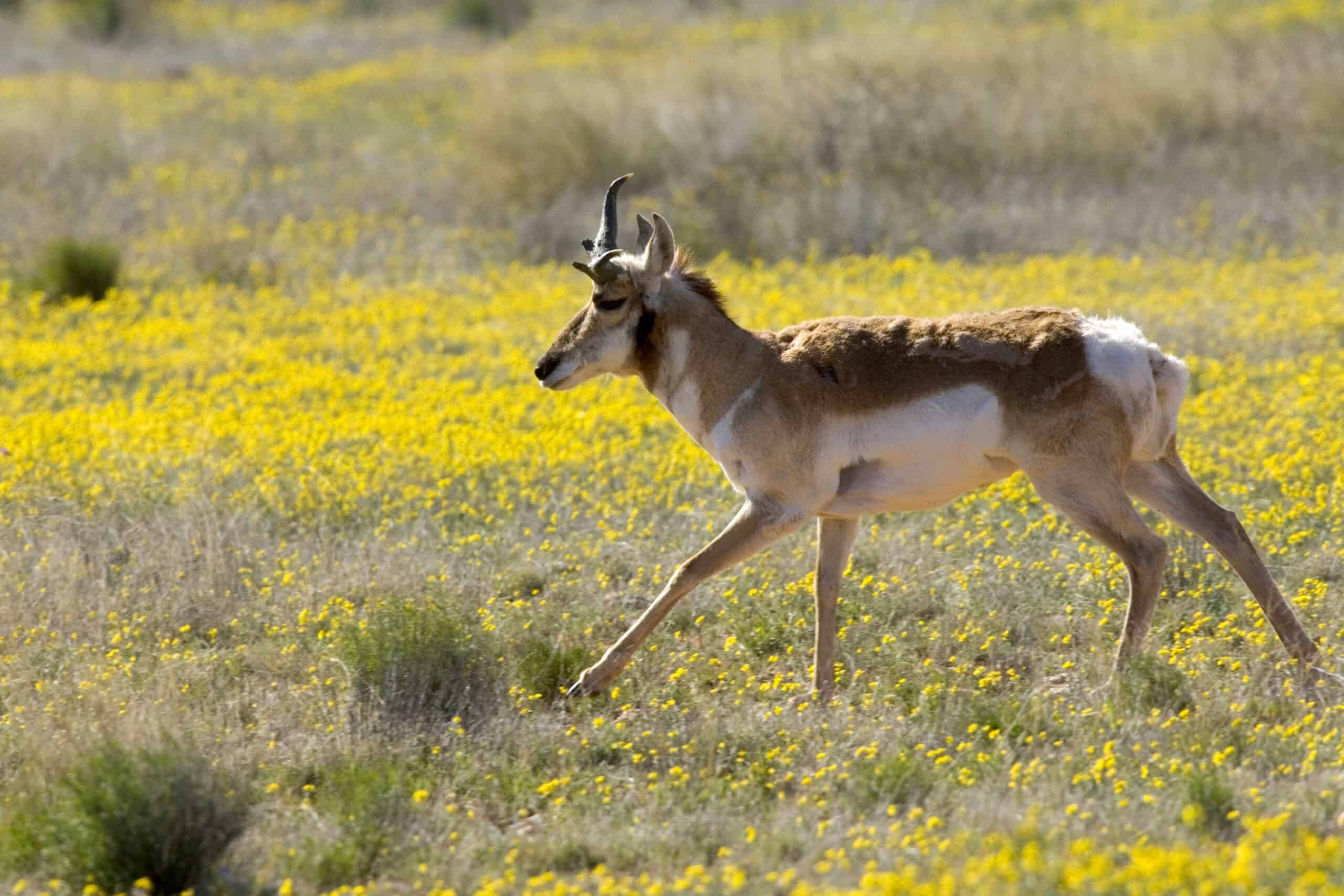Share this article
Jim Nichols reflects on winning TWS highest honor
Nominations for the Aldo Leopold Memorial Award and other awards will be accepted through May 1. Visit our general awards page to learn more about this and other awards.
Jim Nichols, a senior scientist emeritus at Patuxent Wildlife Research Center in Maryland, received the 2015 Aldo Leopold Memorial Award, the highest honor given by The Wildlife Society.
Recipients of the Aldo Leopold Memorial Award for distinguished service to wildlife conservation are chosen based on the significance of their contributions to the wildlife field. After Aldo Leopold, known as the father of wildlife management, died in April 1948, TWS created the award to honor others in his memory.
When Nichols learned he was receiving the award, he recalled the previous winners and couldn’t believe he was a part of the same group. “I was very much honored and very humbled when looking at the past recipients,” he said.
In spite of a long list of achievements, Nichols’ has remained down-to-earth throughout his career, and his demeanor and unique ability to communicate complex problems and solutions have continually benefited natural resources conservation and management.

Nichols stands over a chital kill in Nagarahole Park, India with Jim Hines and executive director of TWS Ken Williams. Image courtesy of Jim Nichols.
One of only eight senior scientists with the U.S. Geological Survey, Nichols has been a member of TWS for over 40 years and is arguably the most influential researcher in animal population dynamics worldwide. His major contributions include development of capture-recapture sampling theory, models estimations and protocols. Through the time of his selection for this award, he had sat on committees for 53 students at 21 different universities in the U.S., and has served as an external examiner on 20 Ph.D. committees at 12 universities in seven different countries. Nichols has produced over 400 publications and reports in more than 70 scientific outlets, and has had 31 papers published in The Journal of Wildlife Management alone. With over 33,000 citations and an h-index of 87, he far exceeds the National Academy of Science’s entry level standard of 45.
Nichols grew up in Virginia playing basketball and baseball and going out into the woods to catch snakes. “I never thought you could make a living out of doing that sort of thing,” he said. After receiving his Ph.D. at Michigan State University, Nichols got a wildlife biologist position at Patuxent thinking that he would stay there for only three to five years. He soon grew into a faculty position and ended up enjoying the people he worked with too much to leave.
Nichols was initially hired to deal with population ecology of waterfowl, something that he was familiar with after receiving a doctoral degree in the same area. But his favorite thing about his work was the people, he said. “They’re a really neat group of people and they’re really smart,” he said. In particular, Nichols remembers computer programmer Jim Hines who he worked with throughout his career at Patuxent. “He was a really exceptional guy to work with,” he said. “He gave me a real good reason for staying around.”
Header Image: Nichols with a baby Weddell seal in Antarctica. Image courtesy of Jim Nichols.








